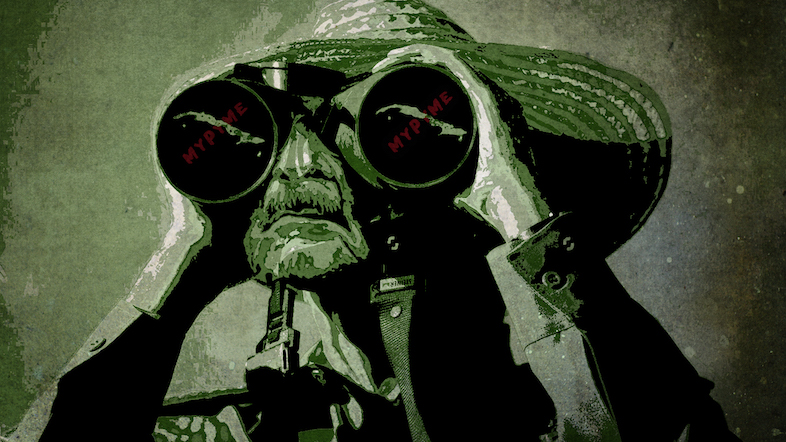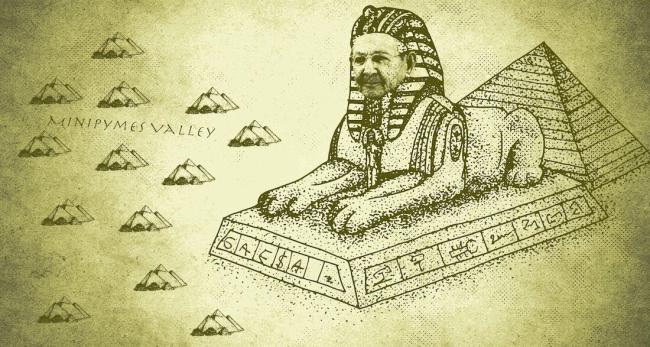According to international statistics, 80% of companies go bankrupt in their first three years of operation, and only one in ten operate for more than a decade... The competition is fierce.
In Cuba, the figures will not reach these extremes, as, although for the moment the existence of small and medium private companies is allowed, there is no free competition on the island, and it is and will be the government, not the market, that chooses which MSMEs will prosper and which will disappear or survive on a very low productive scale.
Although 6,000 of these private ventures (mostly tiny and insignificant reconversions by the self-employed) have already been approved, the fact that such approval requires a political decision-making body, and is not completely open to those who meet the same basic standards for all, means that it is the Government's interests that determine the issuance of permits to form companies.
This power reserved by the Government is a first filter to decide the number, size and location of companies according to what behooves it, ignoring the preferences of the people, as consumers.
And, although this mechanism of selectivity has not yet been fully realized, and almost all the MSMEs proposed are being approved (because there are still too few for there to be competition between them), this is a formula bound to promote small and large private monopolies, with their consequent unproductivity, high prices, scant innovation, and low wages... a burden for the national economy. In addition, other mechanisms to regulate competition in accordance with the State's interests are already in place.
In a tiny market with as little purchasing power as Cuba's, foreign trade is vital for companies, but Castroism has declared that its monopoly on that trade is a must, forcing emerging MSMEs to use state intermediaries, which not only takes time, and is an impediment to creating commercial links with foreign companies, but also an unnecessary expense and a very likely source of corruption. Does the government actually want Cuban private companies to be corrupt, so that they always have something to legally hang over them?
Surprisingly —although Raúl Castro identified it as the Castroist model's red line— this state monopoly is no longer so absolute. Some private companies with a lot of "luck" have obtained permission to trade directly with the outside, an overwhelming advantage compared to those that lack this prerogative.
Partly because of the state's cornering of international trade, MSMEs import, according to official figures, almost 10 times more than they export, so obtaining foreign currency is a luxury that ought to be reserved for those that best serve society, and therefore, obtain more profits and can buy more foreign currency on the exchange market. But this is not the case, as the government invented a "secondary currency allocation scheme" to provide cheap dollars to some privileged companies, constituting yet another arbitrary advantage that corrupts its attempt to emulate a free market.
Free competition in a fair market is not a capitalist whim or an ideological defect, but rather the only economic mechanism so that customers —that is, the people— have the capacity, through demand, to allocate scarce resources to the companies of their choice, which will be those that best serve them.
Not allowing free competition can only be part of an attempt to ensure that in the "race" those MSMEs linked to those in power win, thanks to exclusive and ad hoc advantages, or because directly or indirectly they economically benefit someone "important."
No free competition as a mechanism for the allocation of resources is a sure recipe for slow development and impoverishment, which will exacerbate Cuba's increasingly noticeable social differences, which are particularly unfair because they are the result of political arbitrariness and not legitimate business success. But, first of all, this is a further demonstration of the extent to which, even though there seems to be change in Cuba, the most important thing remains the same: the Government has power, and its priority is to maintain it, not to improve the lives of the people.

